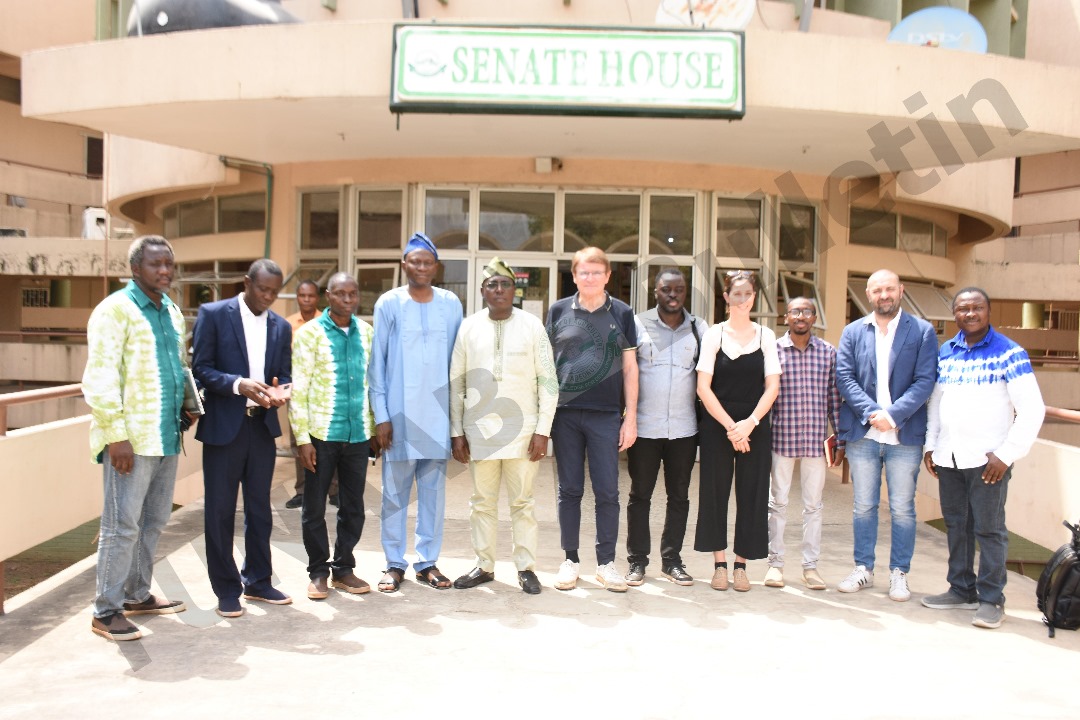The Academic Staff Union of Universities (ASUU) has made waves by firmly rejecting two federal payment platforms, emphasizing their commitment to the University Transparency and Accountability Solution (UTAS) they developed as a superior alternative.
This decision comes as ASUU members, numbering around 789,000, are currently enrolled in the Integrated Personnel and Payroll Information System (IPPIS), the government’s existing payment mechanism.
In an exclusive interview with the News Agency of Nigeria (NAN) on Sunday in Abuja, ASUU President, Prof. Emmanuel Osodeke, articulated the union’s stance, aligning it with the autonomy of Nigeria’s tertiary institutions. He detailed that UTAS adheres to the legal requirements that dictate university financial management should be overseen by its Governing Council, not the Accountant General’s office.
“ASUU’s position is that the finances of the university should be managed by the Governing Council. That’s what the law says. It does not say by the Accountant General’s office,” Osodeke stated, emphasizing the legal framework supporting their claims.
He further explained the budgetary process: “Every year, the governing council directs the Vice Chancellor to defend its budget at the National Assembly. When the budget is approved, including salary, remuneration, overhead, it will go to the President for assent and it becomes a law. That money should be released to the Governing Council to pay its staff members. That is the autonomy of the university we are talking about, as stipulated in the law.”
Osodeke reiterated the necessity of granting universities autonomy to manage recruitment and salary payments effectively. He recalled the union’s initial rejection of IPPIS, citing it as a threat to university autonomy and an infringement on internal affairs, which he claims violates Section 24A of the Universities Miscellaneous Provisions (Amendment) Act 2003.
The ASUU president also criticized the recent federal government guidelines regarding the transition from IPPIS to the Government Integrated Financial Management and Information System (GIFMIS), which was approved for implementation starting in November.
In a circular issued on October 8, the Accountant General of the Federation, Dr. Oluwatoyin Madein, announced that payroll for Federal Tertiary Institutions (FTIs) for October 2024 would still be processed on the IPPIS platform. She indicated that from November onward, payrolls would be managed by the institutions, subject to checks by the Office of the Accountant-General of the Federation’s IPPIS department, with payments processed through the GIFMIS platform.
The ongoing dialogue between ASUU and the federal government highlights the critical issues surrounding university governance and financial autonomy, as the union remains steadfast in its advocacy for a system that respects the independence of educational institutions in Nigeria.












